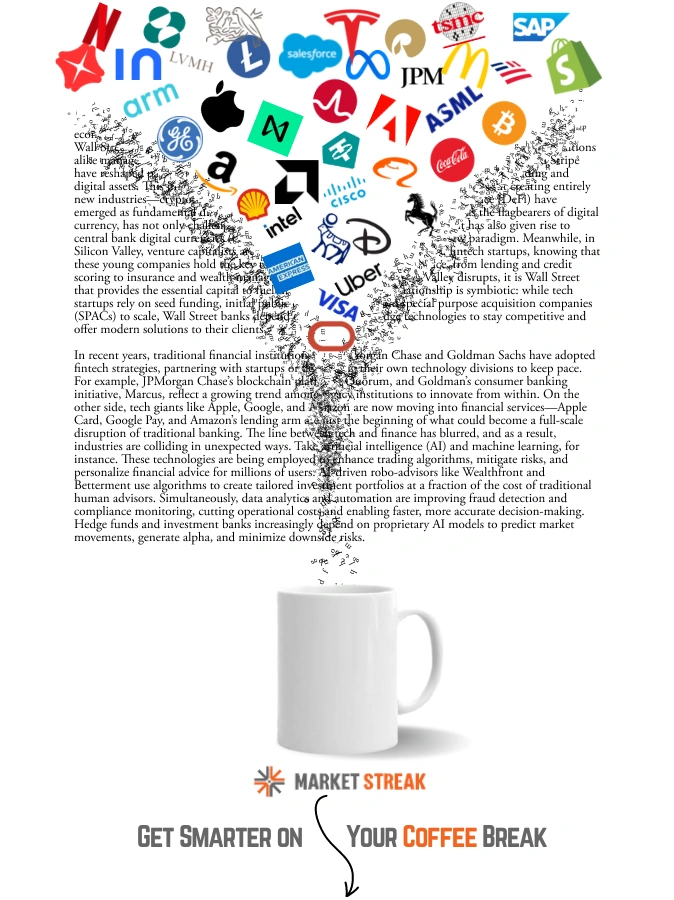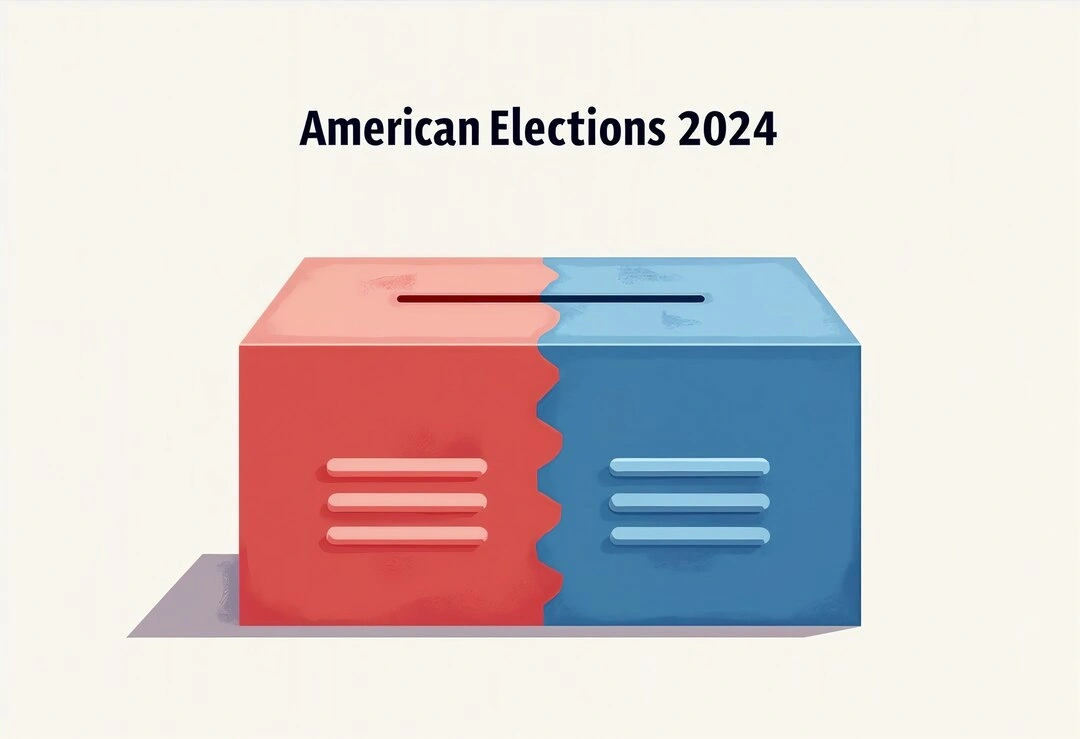compliance
regulatory
cross-border
international

compliance
regulatory
cross-border
international
The Bank for International Settlements (BIS) has announced a significant breakthrough in cross-border payment processing. Their Project Mandala, a collaborative effort with four central banks, has successfully demonstrated the feasibility of embedding regulatory compliance directly into the transaction protocols themselves. This innovative approach promises to dramatically speed up international payments while simultaneously ensuring adherence to complex and often varying international regulations.
For years, navigating the intricate web of regulations governing international transactions has been a major hurdle, causing delays and significantly increasing costs. Different countries have different rules, and ensuring compliance across multiple jurisdictions has been a complex and time-consuming process. The BIS argues that this not only slows down the process but also adds substantial expense, hindering the efficiency of the global financial system.
Project Mandala tackles this challenge head-on by employing a "compliance-by-design" approach. Instead of treating regulatory compliance as an afterthought, it's woven into the very fabric of the payment system. This means that as a transaction progresses, the system automatically checks and verifies adherence to all relevant regulations in real-time. This automated compliance eliminates the need for extensive manual checks and approvals, streamlining the entire process.
The project, now in its proof-of-concept phase, involves a decentralized system designed to enhance transparency and efficiency. This system, developed collaboratively by the BIS and four central banks – the Reserve Bank of Australia, the Bank of Korea, Bank Negara Malaysia, and the Monetary Authority of Singapore – features three key components:
Peer-to-Peer Messaging System: This facilitates secure and direct communication between participating financial institutions and central banks, eliminating the need for intermediaries and further accelerating transactions. The system's design prioritizes data privacy and security throughout this direct communication.
Rules Engine: This sophisticated engine acts as the heart of the compliance system. It contains a comprehensive database of international regulations from participating countries. As transactions move through the system, the rules engine automatically checks them against the relevant regulations, flagging any potential issues instantly. This automated check drastically reduces processing time and human error compared to traditional methods. The rules engine is designed to be easily updated, allowing for quick adaptation to evolving regulatory landscapes.
Proof Engine: This component provides a verifiable record of compliance for each transaction. This audit trail is crucial for regulatory oversight, providing regulators and supervisors with real-time access to transaction details and compliance status. The transparency offered by the proof engine fosters accountability and strengthens confidence in the system's integrity.
Maha El Dimachki, head of the BIS Innovation Hub Singapore Centre, expressed optimism about the project's potential. In a recent press release, she stated that Project Mandala is a significant step forward, improving cross-border payments without compromising privacy or the integrity of regulatory checks. The project's success is viewed as a critical step in achieving the G20's goals for streamlining international payments.
The G20's focus on enhancing cross-border payments is not just aspirational rhetoric. There's a clear and pressing need for faster and more efficient international transactions. The global economy relies on the seamless flow of funds, and any impediment to this flow impacts businesses, individuals, and the overall economic health of nations. Project Mandala’s "compliance-by-design" approach directly addresses this need.
The impact of Project Mandala's success resonates beyond the immediate benefits of faster payments. The project's streamlined approach to regulatory compliance is expected to reduce costs for financial institutions and, ultimately, consumers. The reduction in processing time and associated costs could translate into lower fees for consumers and businesses making international transfers, making international trade and financial transactions more accessible.
Furthermore, the increased transparency provided by the system could help to combat financial crime. The real-time monitoring capabilities built into Project Mandala allow for quicker detection of suspicious activity, allowing authorities to intervene more promptly. This enhanced monitoring and improved transparency contribute significantly to a more secure and reliable global financial system.
The success of Project Mandala is especially significant in light of recent progress reported by SWIFT (the Society for Worldwide Interbank Financial Telecommunication). SWIFT recently announced that 90% of cross-border payments made on its network now arrive at their destination bank within one hour. This surpasses the G20's ambitious target of 75% within one hour by 2027, highlighting a broader trend towards faster and more efficient international payments.
SWIFT's achievement, however, focuses primarily on the speed of payment processing. Project Mandala builds upon this progress by actively addressing the often-overlooked challenge of regulatory compliance. By integrating compliance into the payment process itself, Mandala not only accelerates transactions but also ensures adherence to a complex and ever-changing regulatory environment. This dual focus makes Project Mandala a truly groundbreaking development in the field of international finance.
The project's potential extends far beyond its current participants. As the proof-of-concept demonstrates its efficacy, it's likely that other central banks and financial institutions worldwide will adopt this innovative approach. A global adoption of this technology could lead to a fundamental shift in how cross-border payments are processed, ushering in an era of significantly faster, cheaper, and more secure international transactions.
Project Mandala signifies a significant step forward in the evolution of cross-border payments. By successfully integrating regulatory compliance into the core functionality of the payment system, the project has not only achieved significant speed improvements but has also established a new standard for transparency, security, and efficiency in international finance. The ongoing development and potential widespread adoption of this innovative approach promise to reshape the global financial landscape, fostering greater economic interconnectedness and creating a more robust and secure payment infrastructure for the future. The project’s focus on automation and real-time compliance addresses the long-standing challenges associated with cross-border payments and promises a future where international transactions are seamless, efficient, and secure. The collaborative nature of the project, involving several central banks, underscores the global commitment to streamlining and modernizing the international payment system.
SHARE


news
30th October 2024

news
30th October 2024


news
30th October 2024

news
30th October 2024


news
30th October 2024


news
30th October 2024


news
30th October 2024